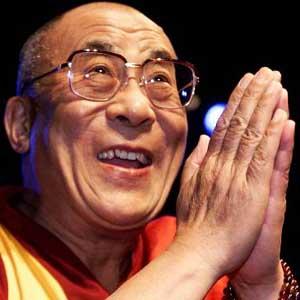Publish Your Own Dedication Here

A while back I published my own prospective obituary on this blog and invited readers to publish their here too. Not many people accepted my invitation. It was intended as an opportunity to declare one’s own values, which I’ve found to be a useful form of soul work.
Today I have another opportunity to reappraise my own values and I’ll share that option with you too. It’s time for me to write the dedication of my book, and I invite you to add a comment to this blog dedicating something that you too are proud to have done.
My book already has an acknowledgments page where I thank seventy-four people who helped the writing process along. But dedicating a work is a different way of expressing gratitude. You can dedicate to someone who has died. Or to someone who never met you and never knowingly helped you. A music-loving friend of mine once dedicated a sociology book to the memory of Giuseppe Verdi.
I’m feeling grateful to people who have imagined something wonderful that is not real in the usual sense, and who have shared it with me — or rather, with all of us. Such people gave the product of their imagination, not just to a small intimate circle, but to the whole public. The most generous act possible is to create a virtual world surpassing our own real one, and then to broadcast it. I’m thinking of four people who have done so, in quite different ways.
Take the Dalai Lama, for example. He didn’t make Buddhism up (Siddhartha did that) but he has demonstrated, in front of the whole world, how to live as a wise Buddhist. His acts of imagination are performed continuously in public. Watching him, we enhance our own imaginations.
Or most of us do; not everyone. Though it’s almost impossible not to see goodness through the eyes of the Dalai Lama, the government officials in China manage to mistrust him. Ideologies, taken seriously, prompt their believers to filter out alternative world views, and many political leaders are among the most gullible of ideologues. Having adopted a line, they can no longer empathize with a visionary who paints a different kind of world.
Consider Mikhail Gorbachev’s predicament, for example. Whereas the other politicians around him continued to defend the old system, he entertained other imaginary possibilities. What a rare, inspired performance he gave, demonstrating how goodness can be expressed through politics! He was defeated in part by reality itself — the practical difficulties of overhauling a huge system — but, even more, by the recalcitrant imaginations of others who were crippled by ideology. Yet even now he continues to serve humankind as the most idealistic politician since — well, since Gandhi. And his vision is there for everyone to share.
Entertainers create alternative worlds all the time — not unified philosophical visions such as the Dalai Lama’s and Gorbachev’s, but a series of fictive stories. A few entertainers are consistently benign: Garrison Keillor, for example. To visit his hometown, Lake Wobegon, is to reacquire the warm sense of community that may have been lacking from one’s own daily life.
Yet some entertainers also give us more challenging worlds to explore — worlds of anti-heroes whose characters are undeveloped. To empathize even with a limited personality may temper our own personalities, coaxing us to open up forgivingly. I think of Rob Morrow in this connection. He created a cranky young doctor through whose struggle against his own limitations I could vicariously grow.
So I have written this dedication to my book:
With gratitude for the virtual worlds created by:
The fourteenth Dalai Lama
Mikhail Gorbachev
Garrison Keillor
Rob Morrow



0 Comments:
Post a Comment
<< Home